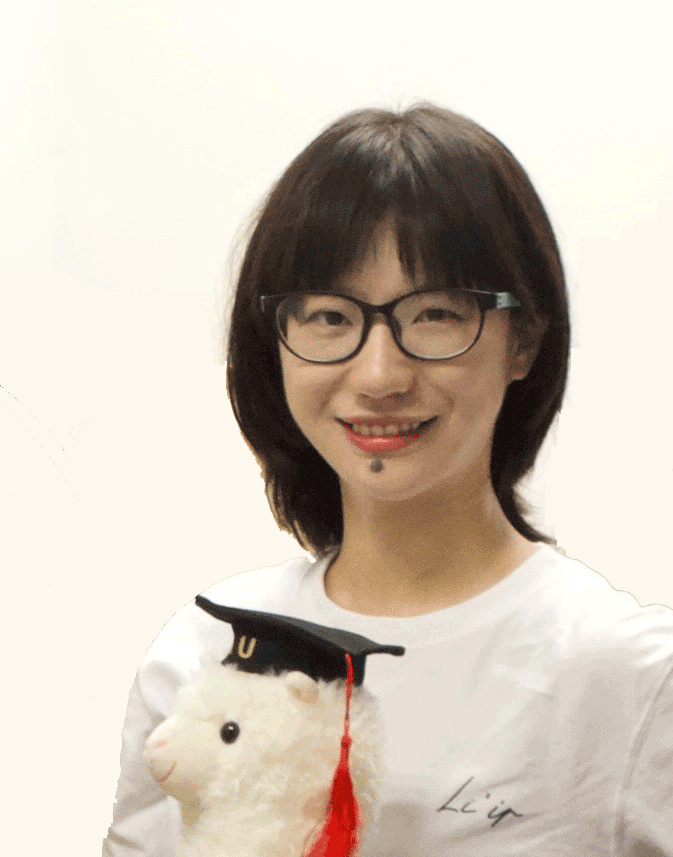Jiawei Li

Email adress jadeljw (at) gmail dot com
I am a post-doc at Neural Dynamics of Visual Cognition lab, department of Education and Psychology, Freie Universität Berlin, Berlin, Germany.
I received my Ph.D. degree at the Department of Psychology, Tsinghua University in June 2022, collaborating with Dan Zhang.
The relationship between the language and the thoughts intrigues me a lot. I use a neuroscience approach, combining it with computational models, to investigate this question.
Please refer to my CV for further information.
Current Project
I am currently working with Radoslaw Martin Cichy and investigating the cross-modality semantic representations. So, what is cross-modality semantic representation? Imagine when you were a child, your caregivers may have read stories before you went to bed. The adult was reading the story, and you as the child were listening. While the sensory input for you and the caregiver was different (visual vs. auditory), you and the storyteller would have arrived at a related comprehension of the story. It means that our brain could extract similar meaning albeit from different modalities. This is fascinating - how does our brain translate the information received from different modalities (visual vs. auditory) into similar comprehension and what are the neural mechanisms behind that? This question forms the core of my scientific interest. To answer it, I use the high temporal resolution EEG-recording methods, as well as the encoding models and deep neural networks.
Publication
(#: co-first author, *: corresponding author)
Peer Reviewed Publication
-
Li, J., Hong, B., Nolte, G., Engel, A. K., & Zhang, D*. (2023).EEG-based speaker–listener neural coupling reflectsspeech-selective attentional mechanisms beyond the speech stimulus. Cerebral Cortex, 33(22), 11080-11091.【“注意力的光束”:脑际耦合在言语信息传递中的独特性】
-
Zhang, X., Li, J., Li, Z., HONG, B., Diao, T., Ma, X., … & Zhang, D. (2023). Leading and Following: Noise Differently Affects Semantic and Acoustic Processing during Naturalistic Speech Comprehension. NeuroImage.
-
Li, J., Hong, B., Nolte, G., Engel, A. K., & Zhang, D.* (2022). Preparatory delta phase response is correlated with naturalistic speech comprehension performance. Cognitive Neurodynamics, 16(2), 337–352.
-
Li, Z. #,Li, J.#, Hong, B., Nolte, G., Engel, A. K., & Zhang, D.* (2021). Speaker-listener neural coupling reveals an adaptive mechanism for speech comprehension in a noisy environment. Cerebral Cortex, 31(10), 4719-4729.
-
Ding, Y., Hu, X., Li, J., Ye, J., Wang, F., & Zhang, D. (2018). What makes a champion: the behavioral and neural correlates of expertise in multiplayer online battle arena games. International Journal of Human–Computer Interaction, 34(8), 682-694.
-
张丹, & 李佳蔚. (2017). 探索思维的力量: 脑机接口研究现状与展望. 科技导报, 35(9), 62-67.
Random facts
- I am a former saber fencer and won a silver medal🥈 at a national college fencing competition.
- I finished a marathon in Berlin.
- I was founded by the Alexander von Humboldt Foundation in 2022-2024. Humboldt is my academic role model.
- Ich spreche Deutsch, aber nur auf Kindergarten-Niveau. Wenn es möglich wäre, würden Sie bitte mit mir auf Deutsch sprechen, damit ich mein Deutsch üben könnte? Danke im Voraus!